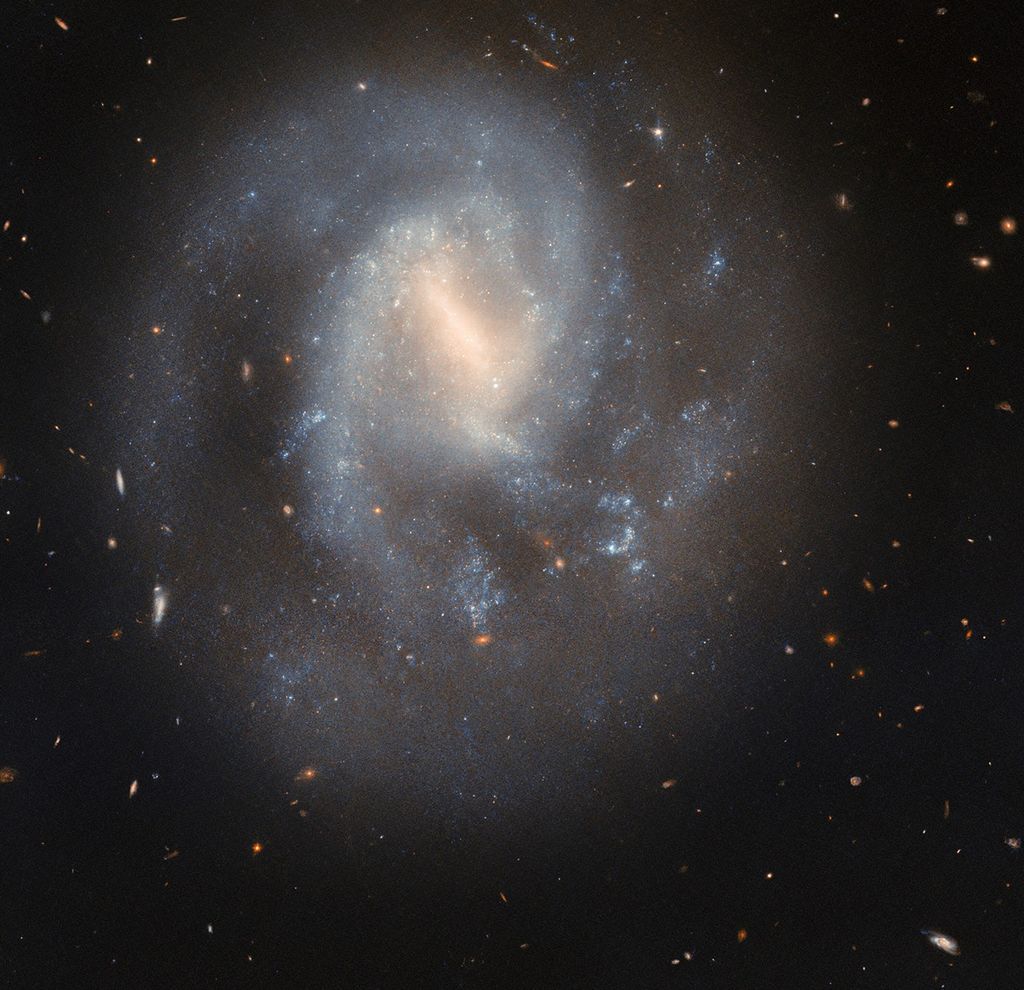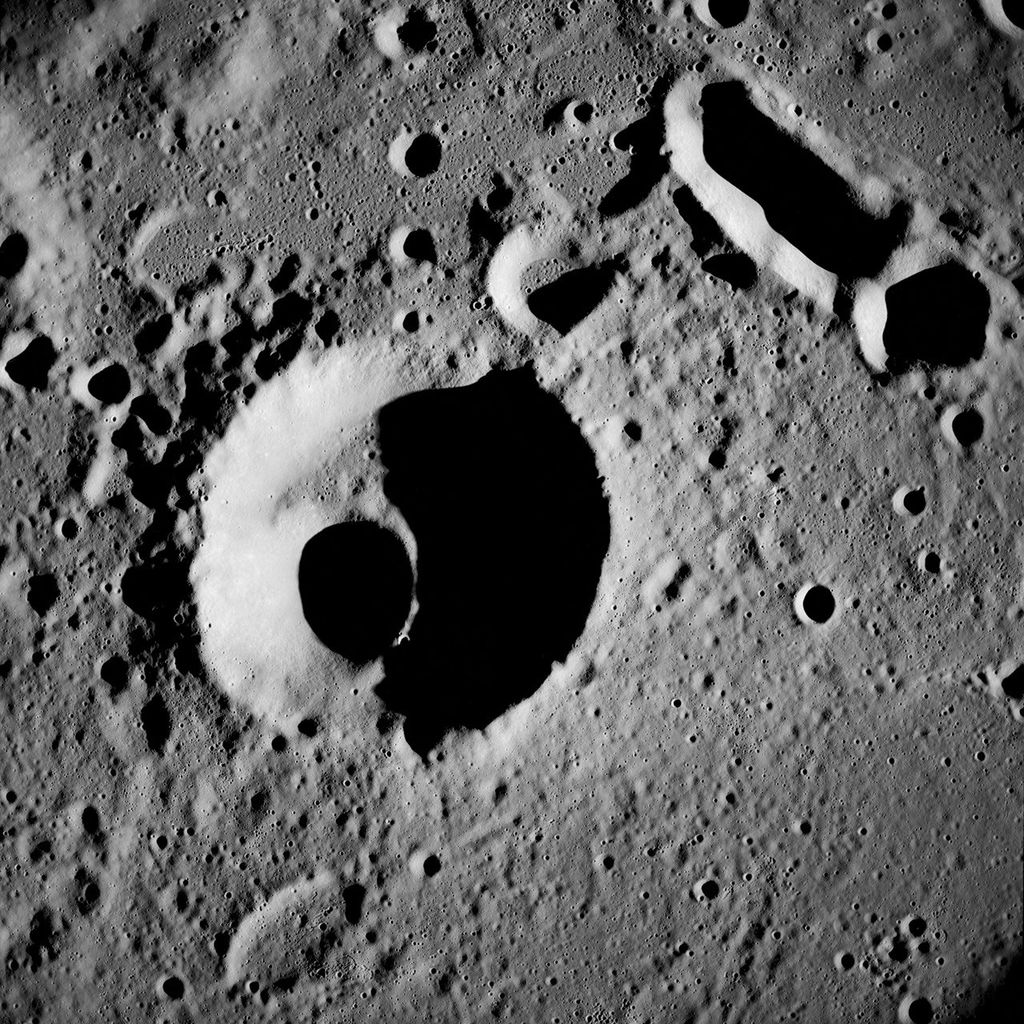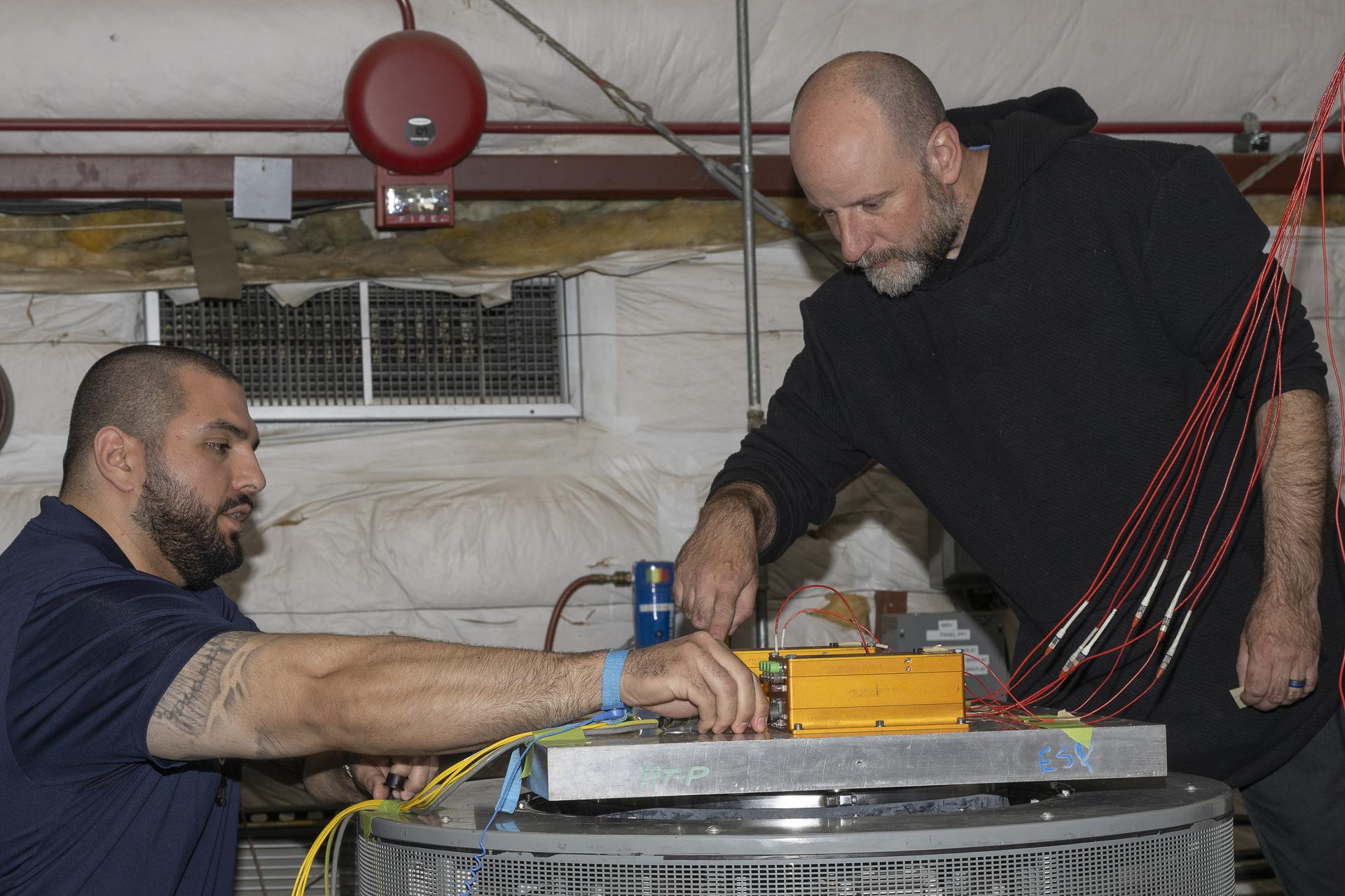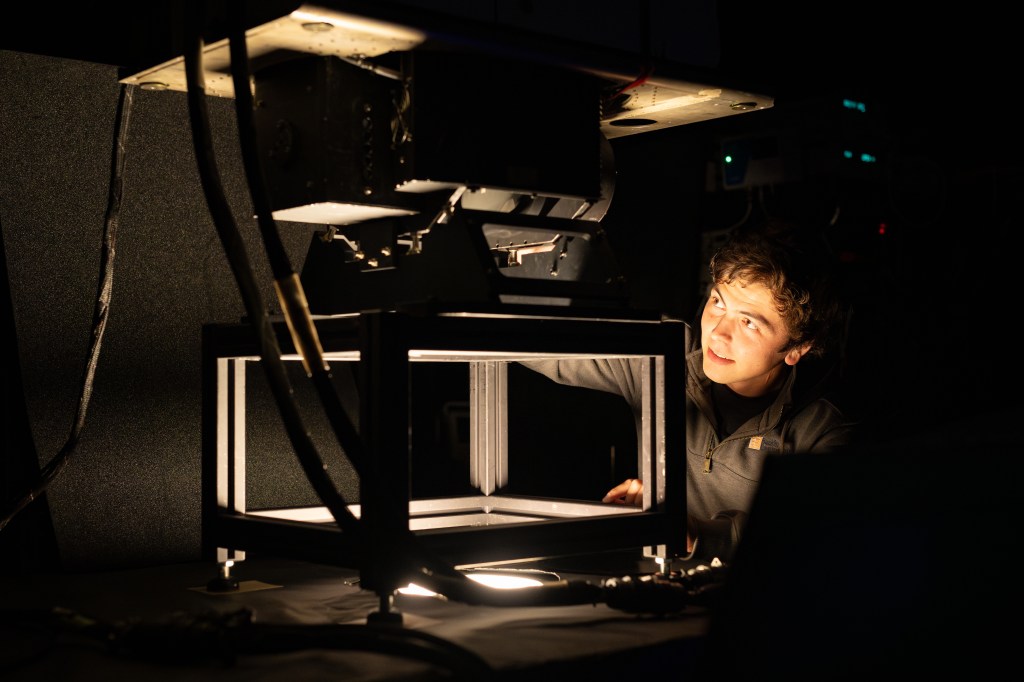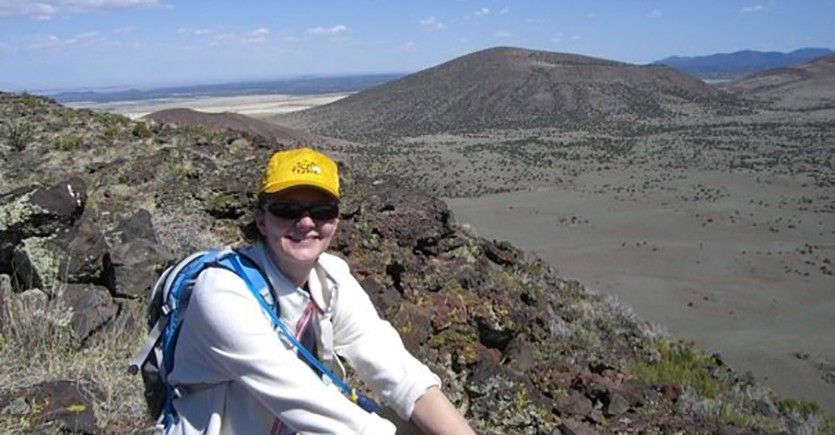
Renee Weber
Planetary Scientist - Marshall Space Flight Center (MSFC)
Contents
- Where are you from?
- Describe the first time you made a personal connection with outer space.
- How did you end up working in the space program?
- Who inspired you?
- What is a Planetary Scientist?
- Tell us about a favorite moment so far in your career.
- What advice would you give to someone who wants to take the same career path as you?
- What do you do for fun?
- If you were talking to a student interested in science and math or engineering, what advice would you give them?
- Read More
- Where are they from?
Where are you from?
I was born in Rochester, New York and lived there until, when at age 13, my family moved to Redding, California, which is where I went to high school. I attended college in Berkeley, California and grad school in San Diego, California, so I consider myself to be a transplanted Californian.
Try not to stay too focused on one specific goal – keep an open mind and follow whatever interests you. You may discover a related field that’s a better fit, or a great group of people you can’t imagine working without.- Renee Weber
Describe the first time you made a personal connection with outer space.
As a child, I was always interested in the sciences. My LEGOS and chemistry sets fueled my desire to be a scientist. I loved “Star Trek” and “Mr. Wizard,” and most other related TV programs and movies.
The summer after we moved to California, my mom arranged for me to attend a space camp — the Pacific Rim Spaceflight Academy located in Portland, Oregon (part of the Oregon Museum of Science and Industry). I had a blast and loved all the activities — we did positive and negative G flights in a four-person airplane, underwater weightless activities, built and launched model rockets, and we even did a mock Gemini mission. From that point on I was pretty hooked on space and solar system exploration. Space camp was probably the biggest influence on my college career, which ultimately led me to NASA.
How did you end up working in the space program?
In college I majored in physics, with an emphasis on geophysics. I found planetary science fascinating and so I decided to apply to graduate school in geophysics. For a literature review project, I read about the controversial Nemesis theory which explains the observed periodicity in mass extinctions on Earth. These types of studies really motivated my desire to get into geophysics.
I was accepted to the geophysics program at the University of California, San Diego’s (UCSD) Scripps Institution of Oceanography (SIO). After a year of course work, during which I did a couple of research cruises related to ocean-bottom seismology, a professor in my department mentioned a project that involved analyzing seismic data from the Apollo Moon missions. I was immediately intrigued, and ultimately wrote my Ph.D. thesis centered on this topic. It is my work with the Apollo seismic data that led me to two post-docs: one with the French space agency, and one with the astrogeology team at the U.S. Geological Survey (USGS). These positions provided me with the qualifications I needed to work with NASA.
Who inspired you?
I have been inspired by my primary graduate student advisor, Catherine Johnson. Catherine was and continues to be a huge inspiration for me for everything, from her level-headedness to her time management skills. She has been a great role model and an even greater friend.
What is a Planetary Scientist?
A planetary scientist wears many hats. Everything from active mission guidance to past mission data analysis is fair game. It’s also common to undertake theoretical modeling of planetary processes: from the space environment to the atmosphere, to the crust, to the core of a planet, moon or other solar system body.
Tell us about a favorite moment so far in your career.
Living abroad in Paris for a year, for my post-doctoral position with the French space agency, was among the top highlights of my career so far.
What advice would you give to someone who wants to take the same career path as you?
Try not to stay too focused on one specific goal — keep an open mind and follow whatever interests you. You may discover a related field that’s a better fit, or a great group of people you can’t imagine working without.
What do you do for fun?
In my spare time I enjoy my hobbies of sewing, cooking and biking. I also spend lots of time reading and playing with my two sons. My eldest loves to read about the solar system and the space shuttle program!
If you were talking to a student interested in science and math or engineering, what advice would you give them?
Same advice my mom always gave me — keep taking math classes! See if your school or college has a science or math club, and join it. In college, I was in the Society for Physics Students and we did a lot of fun activities and tours, including a tour of the wind tunnel at NASA-Ames Research Center (ARC). Also, don’t be afraid to enroll in a class outside your main area of focus.
Read More
Where are they from?
Planetary science is a global profession.

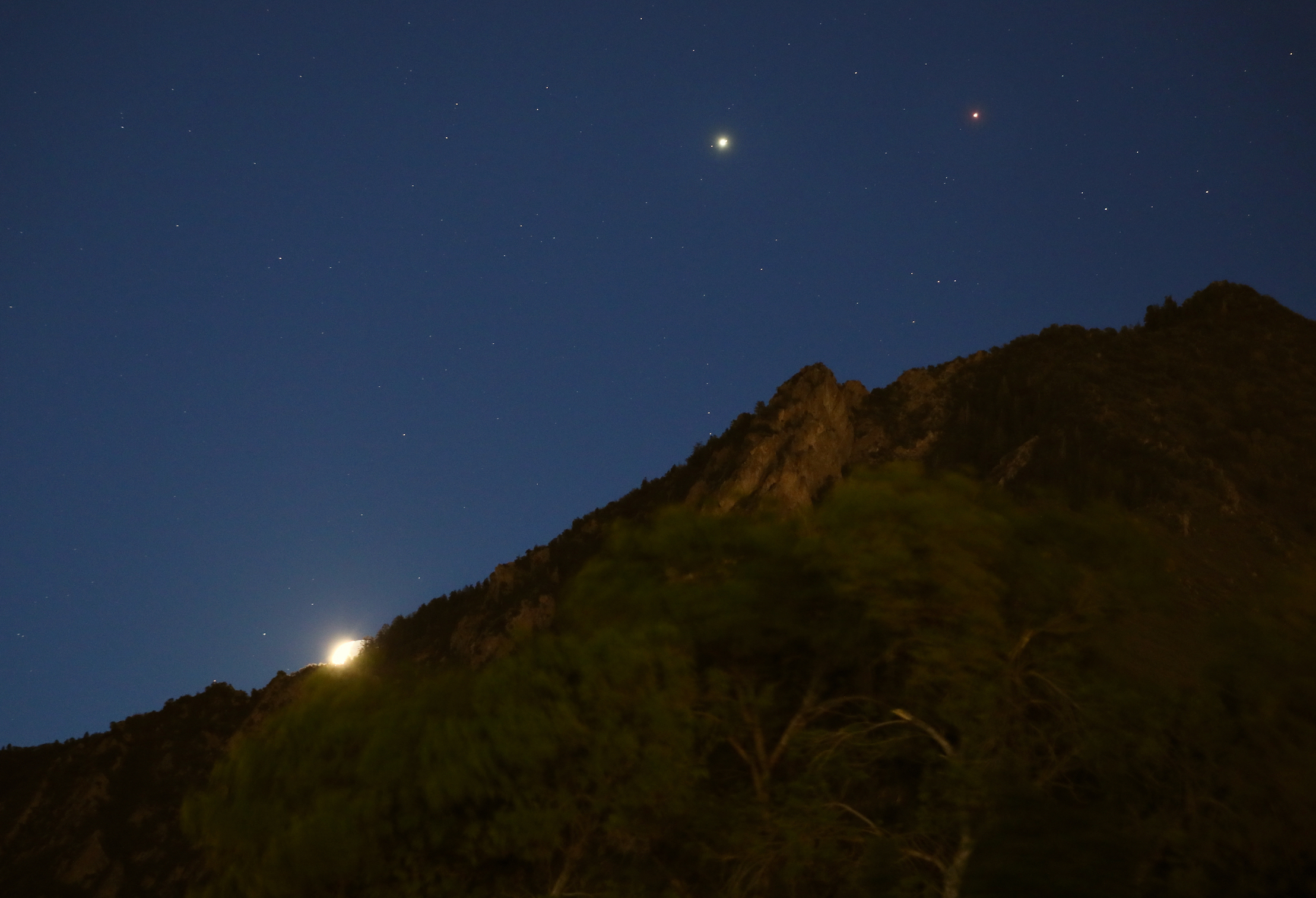
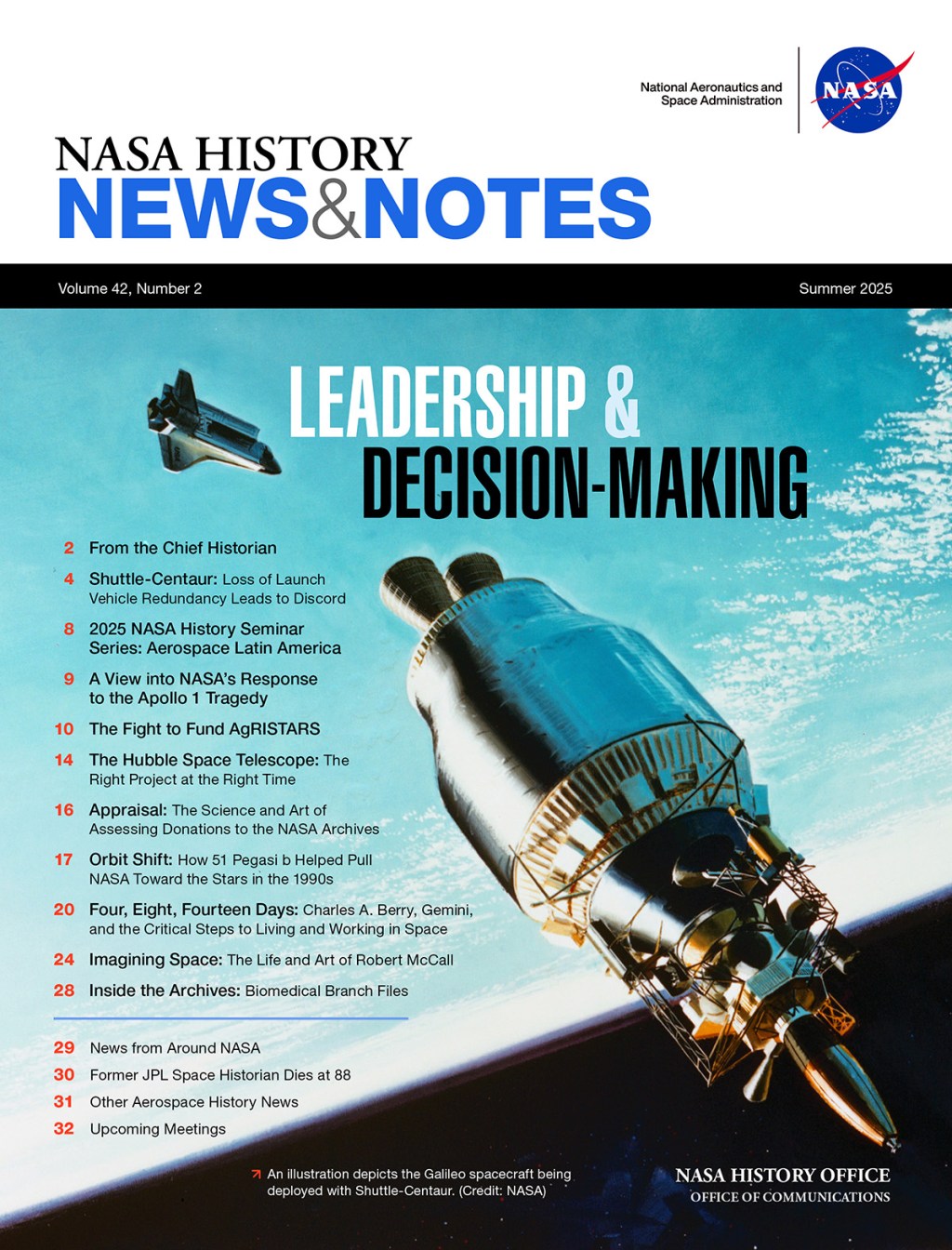

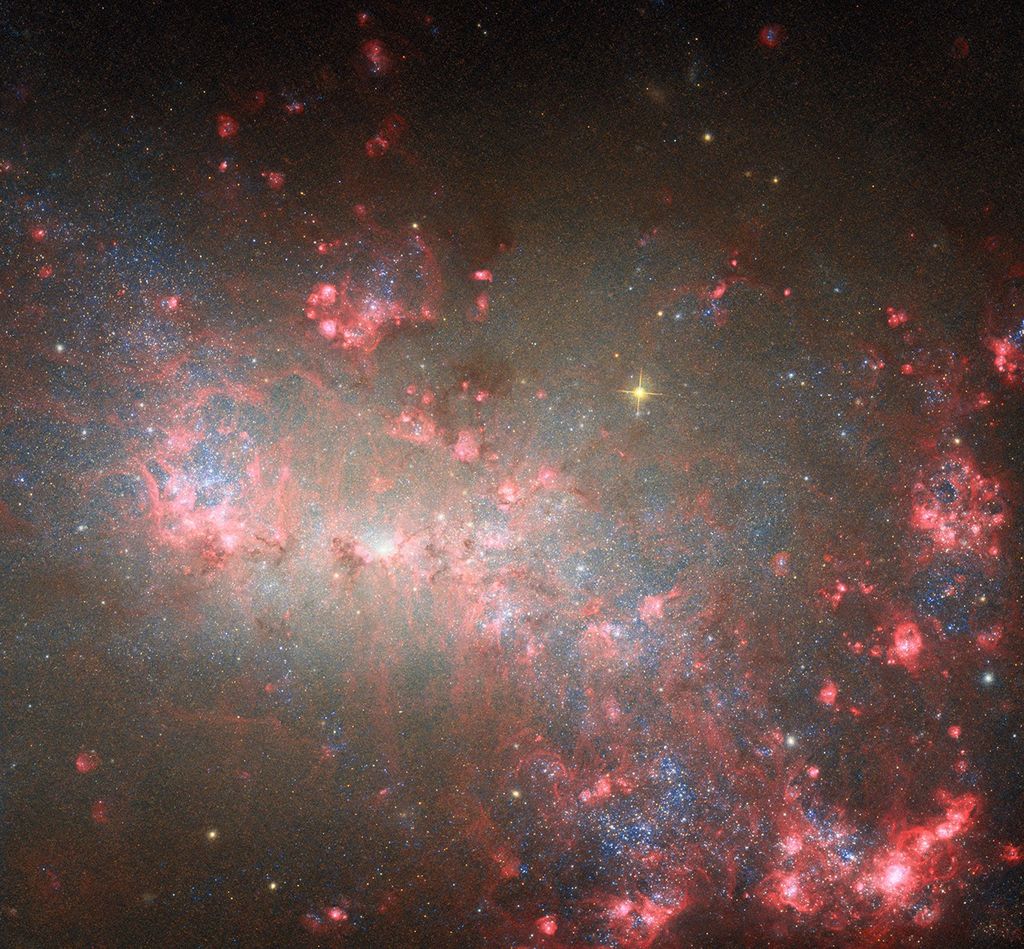

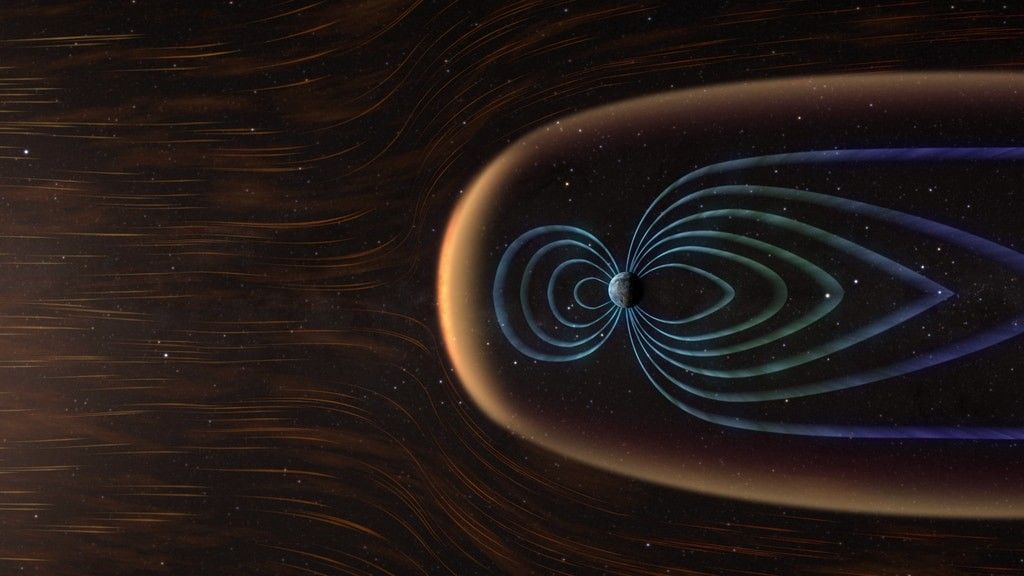
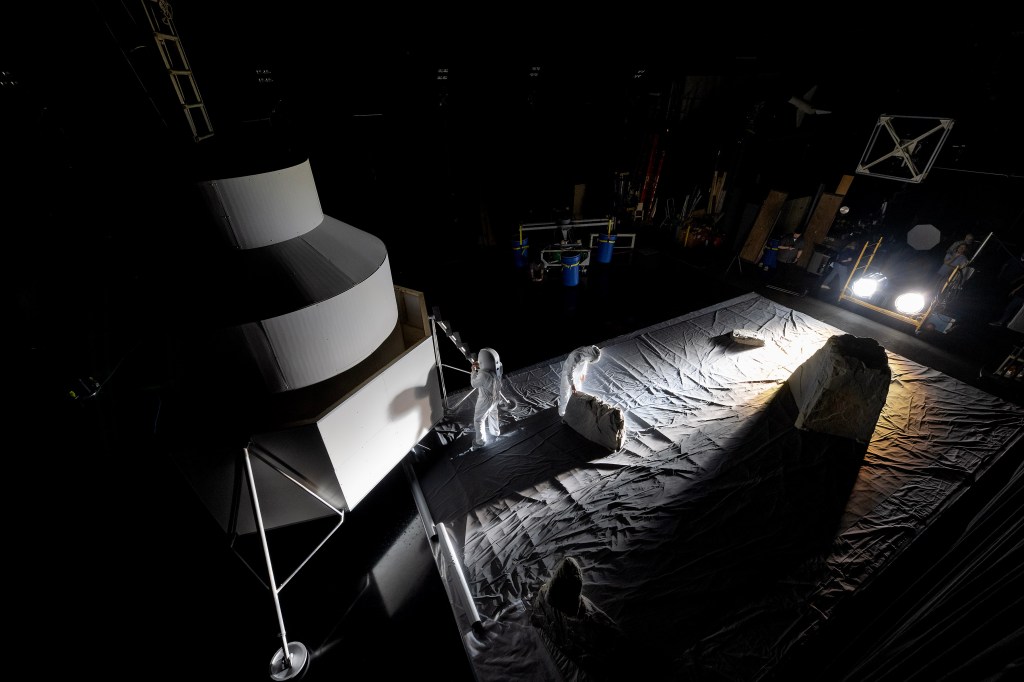
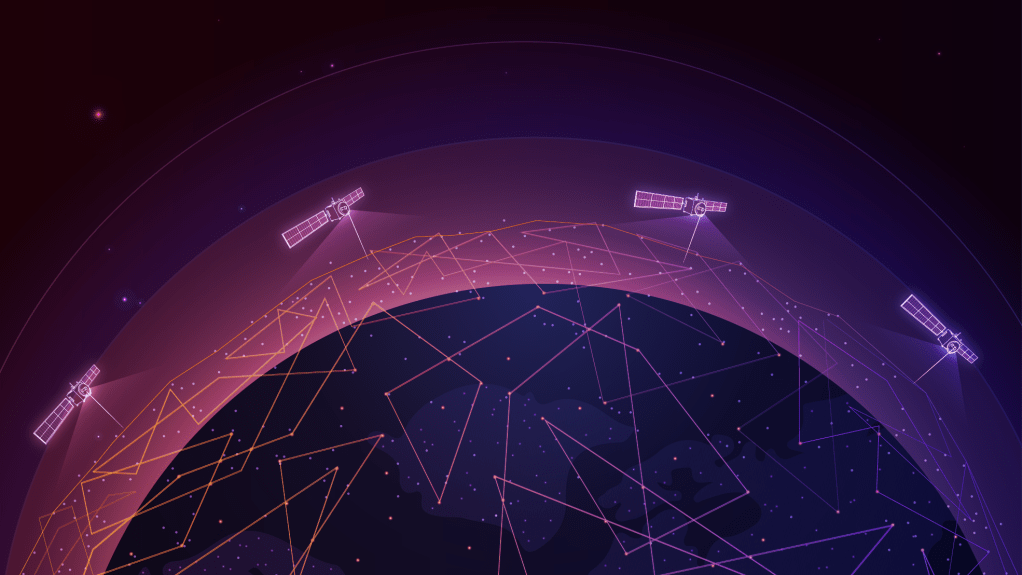

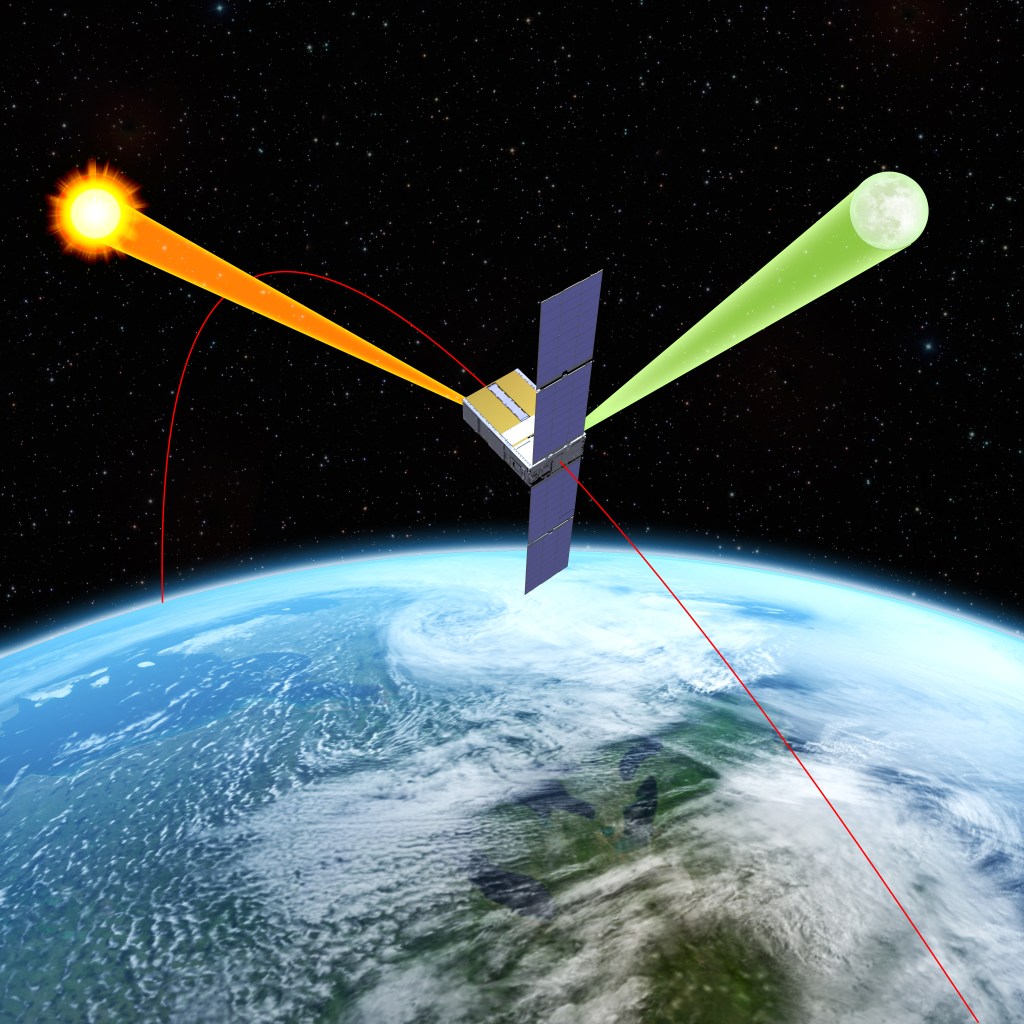
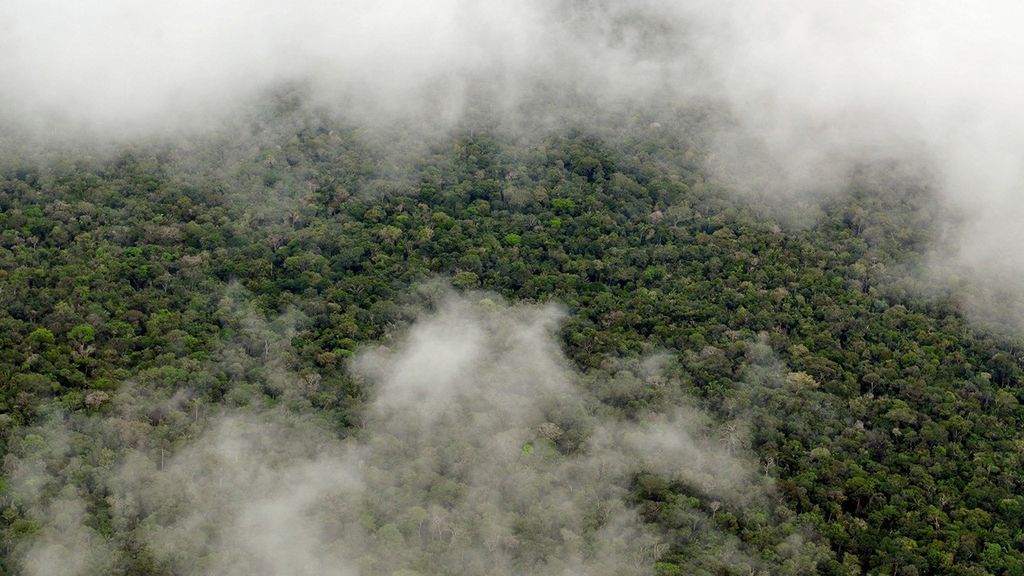
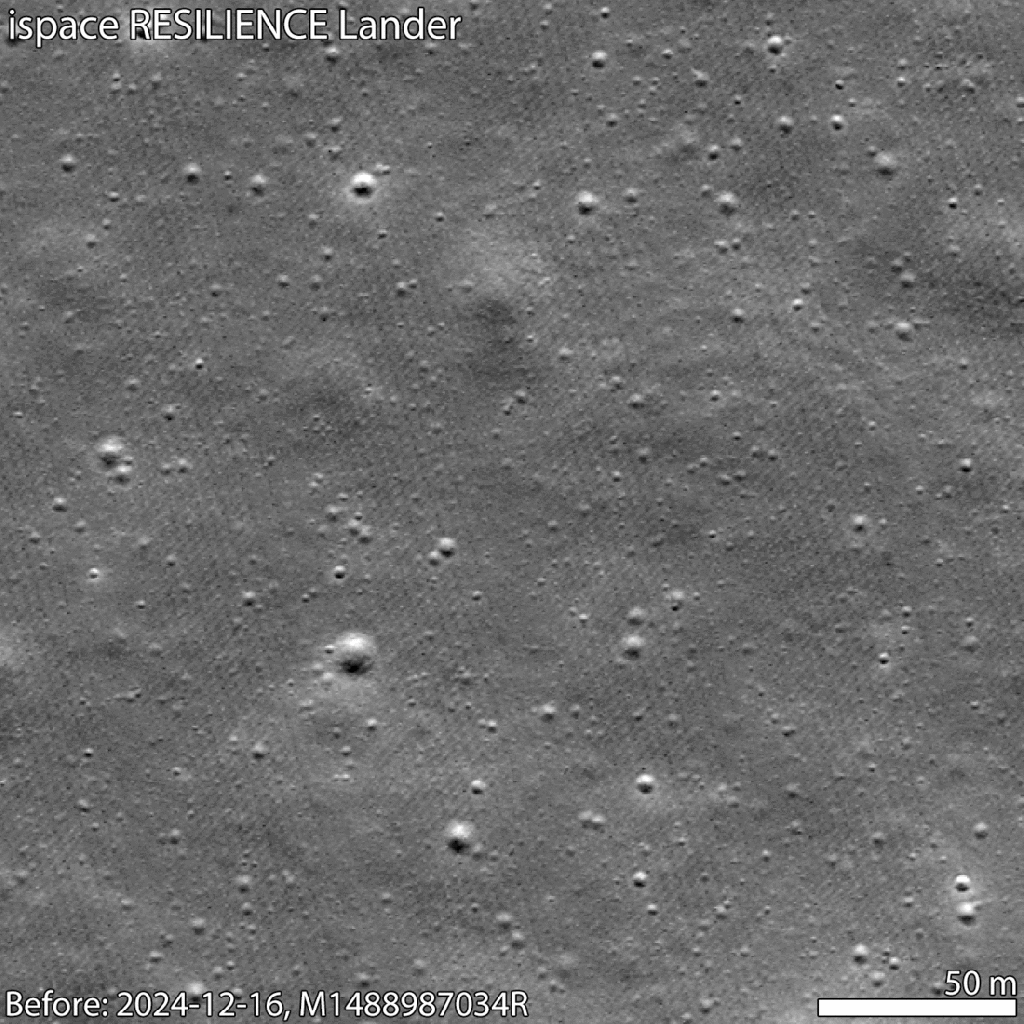
.jpg?w=1024)
